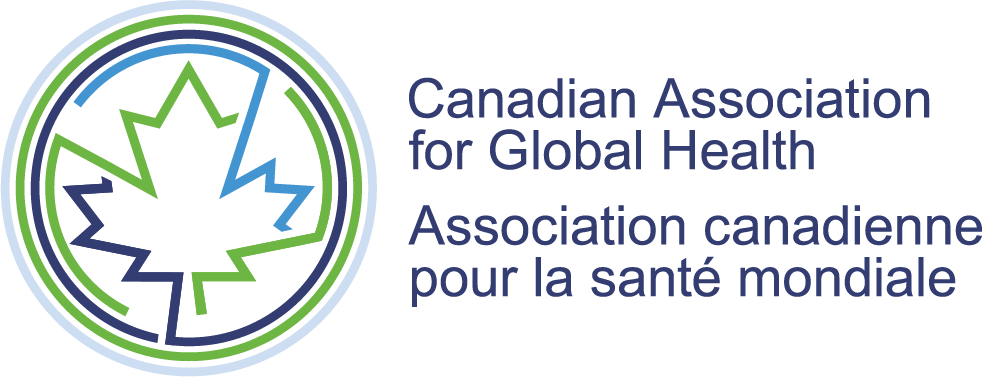Knowledge Translation
Knowledge Translation Curriculum
This comprehensive curriculum is a teaching and learning resource. It includes fully resourced lesson plans and provides a thorough overview of key concepts, conflicts, and methods in Knowledge Translation (KT). Grounded in philosophy, political science, and health research, the curriculum explores the complex ideas and theories that shape intersections among research, practice, and policy processes.
Why is it useful?
KT can narrow the gaps between health research, health practice, and health policy. KT concepts are universal and broadly applicable; yet teaching and learning about how to do effective KT has long been a challenge. As a useful tool for understanding major concepts, principles, and practices in KT, this curriculum fills the urgent gap between the practice of KT and its teaching. Recognizing there is much to learn from effective KT practices around the world, many examples feature evidence and experience from resource-limited settings.
Who is this Curriculum for?
Both knowledge users and knowledge producers will find this curriculum helpful. Students, instructors, researchers, knowledge brokers, health systems decision-makers, health professionals, and others will find valuable learning in this curriculum.
How is the Curriculum structured?
The curriculum is organized into three modules and then divided into lessons that can be taught individually, as a whole, or combined with other material. Lessons include a reading list (all available as PDFs), lecture (with modifiable presentations), review of major literature, diagrams and graphics, relevant quotations, and ideas for guiding group work or leading discussion.
How do I access the Curriculum?
Click on any of the modules below to access beta versions of the curriculum.
Module 1: An Introduction to KT
Major approaches in KT; Barriers & facilitators to Evidence-Informed Policy & Policy-Informed Research; Brokering; Synthesis and Dissemination
Using deliberation to: Evaluate context; Conduct Stakeholder Analysis; Undertake Political Context Analysis
Strategies for aligning research needs with research production; Tools for deliberative priority setting processes for health research
Knowledge Translation Course
Recognizing the need to better integrate questions of equity, relationality, and power within models of knowledge translation, in 2020 the CCGHR developed a unique KT course for students and young professionals involved in global health research and practice.
In this eleven-week course, learners dedicate time each week to KT topics based on the 2012 CCGHR KT Curriculum. Every week students work independently through readings, supported by a synchronous check-in session that provides practical applications of the concepts.
Additionally, learners work in small groups supported by a peer and lead mentor to develop a case study in response to a current knowledge-to-action challenge (see below for case study reports).
This is a non-graded, voluntary course. At the end of the course session, learners receive a certificate of completion to recognize their participation.
This course is offered annually between May – July.
For more information about the course, please contact Dr. Katrina Plamondon, University of British Columbia: katrina.plamondon@ubc.ca
2021 KT Course Case Study Reports
Group 1 - The Pandemic in the Largest Favela in Rio De Janeiro
Group 3 - Talk the Talk and Wash the WASH: a Knowledge Translation Approach to the Empowerment in WASH Index
Group 4 - The impact of COVID-19 Pandemic on the Well-being of Canadians with Disabilities
Group 6 - Trans-inclusive abortions: A Knowledge Translation Case Study
Watch their interview with the Abortion Rights Coalition of Canada (ARCC) here.
Group 7 - COVID-19 Vaccine Inequity in the Occupied Palestinian Territory (oPt)
Group 8 - The Challenges of Community Engagement Amongst Substance Users in Canada
Spotlight on the Summer KT Course Evaluation
Originally published on December 17, 2020, by Alexandra Otis
In July 2020, the Canadian Coalition for Global Health Research (CCGHR) launched a Knowledge Translation (KT) Summer Course for CCGHR Students and Young Professionals (SYPs) members. Funded by the CCGHR and Integrated Knowledge Translation Research Network (IKTRN), this 13-week online course offered a unique learning opportunity that updated and expanded upon the CCGHR’s 2012 KT Curriculum. Katrina Plamondon was leading the training over the summer, accompanied by Emily Kocsis, the course coordinator, and course mentors Jill Allison, Shafi Bhuiyan, Nelly Oelke, Shawna O’Hearn, and Vic Neufeld.
Over 29 learners from across the globe engaged in the virtual course. Zoom and Slack were used as the primary online platforms for course delivery and communication. Learners also participated in weekly directed readings and activities to develop their understanding of the equity-informed knowledge translation, and applied this through practical COVID-19 case studies. Upon completion, students received a certificate from the CCGHR.
A formal evaluation of the course content and delivery is also ongoing, led by Davina Banner and myself in collaboration with Rupinder Chera, David Walugembe, and Vic Neufeld. Davina currently works as an Associate Professor in the School of Nursing at the University of Northern British Columbia and has a special interest in integrated knowledge translation and patient engagement. A multi-method evaluation strategy was developed to capture the insights of learners, mentors, and others to inform the ongoing development and revision of the KT curriculum and course delivery. Evaluation activities included the use of an online questionnaire at the mid-course and end of course period, in addition to a follow up interview/focus group with learners and mentors upon completion of the course.
Based on the success of this course offering, the team will develop the CCGHR KT Course and plans to offer it at regular intervals over the coming years. PhD candidate, David Walugembe, will also assist with developing a revised course.
